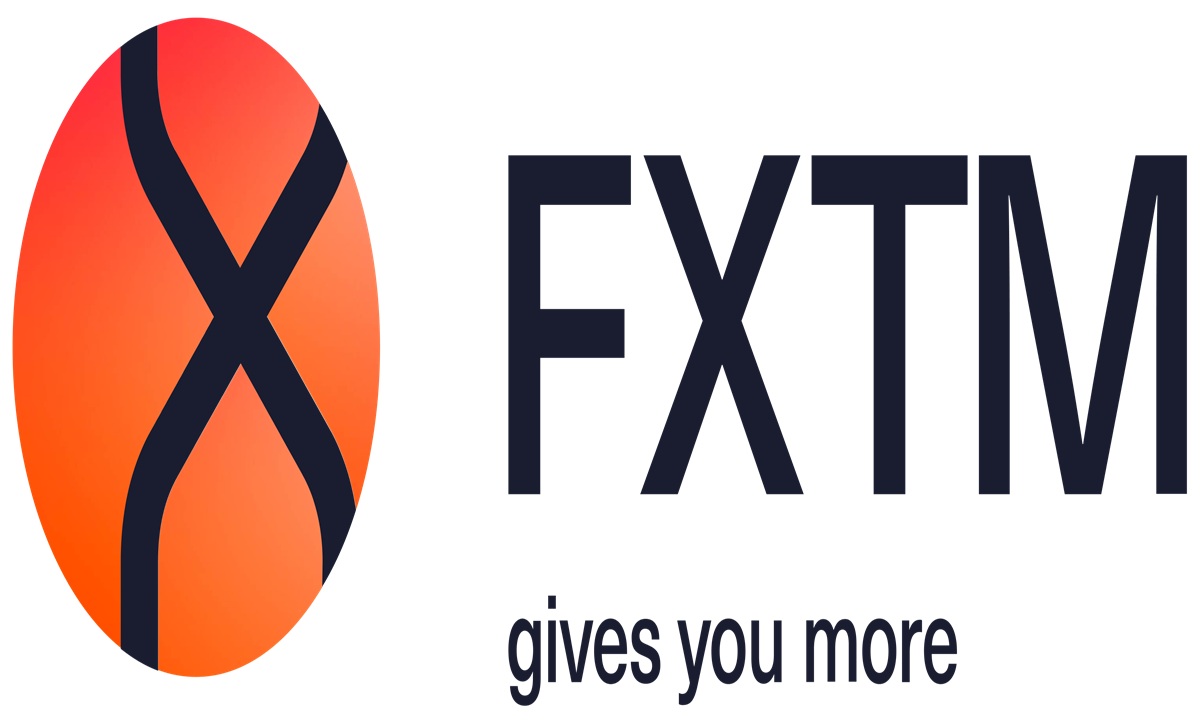E-Financial
Rising Covid-19 Cases Keep Risk Assets Under Pressure

By Hussein Sayed, Chief Market Strategist at FXTM
Equity markets kicked off Monday on the back foot following three weeks of consecutive declines in US stocks, which marked the longest weekly losing streak since 2019. Investors are becoming increasingly worried about the momentum in the economic recovery given the resurgent numbers of global Covid-19 cases and lack of progress on a new US stimulus package.
Although President Trump signaled his readiness to back a bigger stimulus bill last week, the Supreme Court’s empty seat left by the passing of Ruth Bader Ginsburg is likely to complicate the matter. The fight between the President and Congressional Democrats on whether to fill the vacant seat now or wait until after the election is expected to lead to more delays in reaching a middle ground on a new fiscal package. Hence, we would expect that the much-needed stimulus will be pushed back until after the US elections.
Given that the list of uncertainties is growing, especially on the pandemic front, risk is now skewed to the downside. We have US elections just around the corner, hefty valuations in growth sectors despite the recent correction and the high stakes of possible national lockdowns in the UK and elsewhere all pointing to waning momentum in the economic recovery. All these factors indicate more volatile times for the next several weeks.
Datawise, investors need to keep a close eye on September’s flash PMIs coming out of Germany, France and the UK this week for further indications on how the big European economies are faring following the strong rebound in early Q3. Signs of weakness here will be a strong signal that the economic recovery is indeed losing its way and further action is needed from fiscal and monetary policymakers.
Currency markets are not yet reflecting the risk aversion seen in equities. The Dollar is trading slightly lower against its major peers, with the DXY -0.15% at the time of writing. The Fed is clearly the winner among other central banks in providing the most accommodative monetary policy, which means the long-term projections for the Dollar remain to the downside. However, if the selloff in US equities accelerates this week, expect the greenback to regain some support.
In commodity markets, Brent fell by 1% after trading slightly higher in early Asian trade. The battle between the bulls and bears is keeping prices rangebound between $40 and $45. At this stage, the demand outlook is far more important than the supply side. That’s why oil traders need to keep a close eye on the trajectory of the virus, especially if it’s going to lead to renewed lockdowns. Gold is also another commodity stuck in a narrow range as traders await new clues on the Fed’s policy approach towards inflation. This could happen later this week as Chairman Jerome Powell may provide new hints when he appears before the Congress on Tuesday.
E-Financial
Kuda Bank Teams Up with Lovers & Frnds for Inclusive Valentine’s R&B Bash

Kuda Microfinance Bank partnered with Lovers & Frnds for a Valentine’s edition event on Sunday, February 15, at Space Hub Lekki, Lagos, redefining celebrations around love, friendship, and social connections beyond romance.

Kuda Bank
The R&B-themed gathering drew couples, friend groups, and solo attendees with music sets from DJs like TGarbs, games, gift exchanges, and colour-coded tags—red for relationships, yellow for mingling singles, orange for non-minglers—to spark easy interactions.
Kuda activated a branded photo booth, merchandise giveaways, prize activities, and complimentary drinks for Premium loyalty tier customers, while vendors used Kuda Business POS terminals for seamless cashless payments.
Senior Brand Manager Emmanuel Femi-Adejobi said: “We partner with experiences matching our customers’ lifestyles in music and entertainment, creating spaces they genuinely connect with—we’ll keep supporting how they live and celebrate.”
E-Financial
CBN Slashes Rate by 50bps

By Mathew Anthony, Market Analyst at FXTM
In another positive development for Nigeria, the CBN has proceeded with 50-basis points rate cut.

FXTM Logo
With favourable fundamental forces at play, it was always a question of how much rather than if rates will be cut in February.
Although some were expecting a hefty 100-basis point cut, this was still a positive move by the CBN, mirroring the dovish strategy of other major banks on the continent.
Interest rates were slashed thanks to cooling inflationary pressures, a stronger Naira and rising FX reserves.
This move is likely to boost confidence over the economic outlook ahead of the Q4 GDP report scheduled for release later this month.
E-Financial
CBN Cuts MPR by 50bps to 26.50% as Inflation Eases for 11th Month

Central Bank of Nigeria (CBN) has lowered its Monetary Policy Rate (MPR) by 50 basis points to 26.50 percent from 27 percent, a unanimous decision announced by Governor Olayemi Cardoso at the end of the 304th Monetary Policy Committee (MPC) meeting in Abuja on Tuesday.

CBN
Cardoso cited 11 straight months of decelerating headline inflation—reaching 15.10 percent in January 2026 per National Bureau of Statistics—as key, driven by prior tightening lags, naira stability, food supply gains, steady petroleum prices, export earnings, remittances, and balance of payments strength.
Liquidity ratio stays at 30 percent, CRR unchanged at 45 percent for commercial banks (16 percent merchant banks) and 75 percent non-TSA public deposits; standing facilities corridor now +50/-450 basis points around MPR.
The MPC retained other parameters, welcoming Executive Order 09 redirecting oil/gas revenues to the federation account for fiscal boost, last cutting rates in September 2025 after November’s hold.

 General News3 days ago
General News3 days agoZinox Technologies and TD Africa Forge Strategic Partnership to Revolutionize African Tech Ecosystem

 Telecom3 days ago
Telecom3 days agoUwaje Pays Tribute to Leo Stan Ekeh @70

 Telecom2 days ago
Telecom2 days agoCyber Immunity Emerges as Shield for Nigerians Amid Rising Scams

 E-Financial2 days ago
E-Financial2 days ago$214Bn Missing, Institutions Silent: Is Accountability Dead in Nigeria?

 E-Business2 days ago
E-Business2 days agoInterswitch Partners Abia to Digitise Public Hospitals

 General News2 days ago
General News2 days agoNITDA, Abia Partner on Enterprise Architecture Reform

 E-Business2 days ago
E-Business2 days agoWIEG 2026 Summit Shifts to April 22-23 for Maximum Impact

 News1 day ago
News1 day agoNITDA Urges Stronger State Partnerships as Key to Digital Economy Goals @ South-South Stakeholders Forum


























